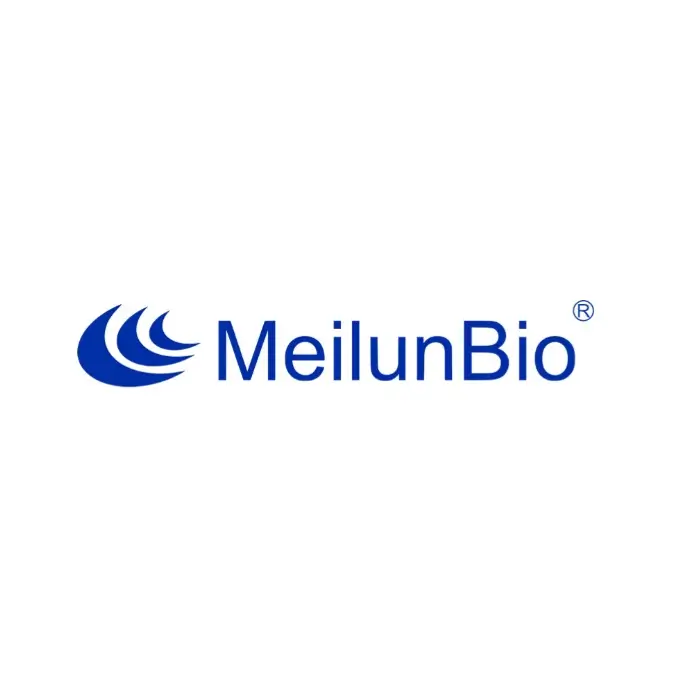| Source: | Human Cells |
| Description: | Recombinant Mouse C-X-C Motif Chemokine 1 is produced by our Mammalian expression system and the target gene encoding Arg20-Lys96 is expressed with a 6His tag at the C-terminus. |
| Accession: | P12850 |
| Known As: | Growth-regulated alpha protein;C-X-C motif chemokine 1;Platelet-derived growth factor-inducible protein KC;Secretory protein N51;Cxcl1;Gro; Gro1; Mgsa; Scyb1 |
| Predicted Mol Mass: | 9.4 Kda |
| Apparent Mol Mass: | 11—13 KDa, reducing conditions |
| Endotoxin: | < 1 EU/µg as determined by LAL test. |
| Formulation: | Lyophilized from a 0.2 μm filtered solution of PBS, pH 7.4. |
| Reconstitution: | Always centrifuge tubes before opening.Do not mix by vortex or pipetting. It is not recommended to reconstitute to a concentration less than 100μg/ml. Dissolve the lyophilized protein in distilled water. Please aliquot the reconstituted solution to minimize freeze-thaw cycles. |
| Shipping: | The product is shipped at ambient temperature. Upon receipt, store it immediately at the temperature listed below. |
| Storage: | Lyophilized protein should be stored at ≤ -20°C, stable for one year after receipt. Reconstituted protein solution can be stored at 2-8°C for 2-7 days. Aliquots of reconstituted samples are stable at ≤ -20°C for 3 months. |
| Background: | Growth-regulated alpha protein (CXCL1,KC), is a member of the alpha chemokine subfamily, was initially identified as an immediate early gene induced in mouse fibroblasts by platelet-derived growth factor. The N-terminal processed form KC(5-72) of the protein is produced by proteolytic cleavage after secretion from bone marrow stromal cells, and shows a highly enhanced hematopoietic activity. Mouse KC shows approximately 63% identity to that of mouse MIP-2. KC is also approximately 60% identical to the human GROs. It has been suggested that mouse KC and MIP-2 are the orthologs of the human GROs and rat CINCs. Cxcl1 has chemotactic activity for neutrophils, and contributes to neutrophil activation during inflammation.Hematoregulatory chemokine, in vitro, suppresses hematopoietic progenitor cell proliferation. |
重组小鼠CXC趋化因子1(CXC1)
¥1,110.00
规格: 10μg
英文名字:C-X-C Motif Chemokine 1,Mouse,Recombinant(C-6His)
质量标准:>95%,BR

